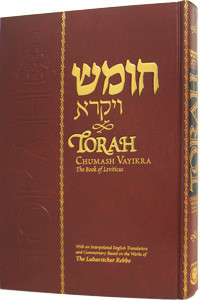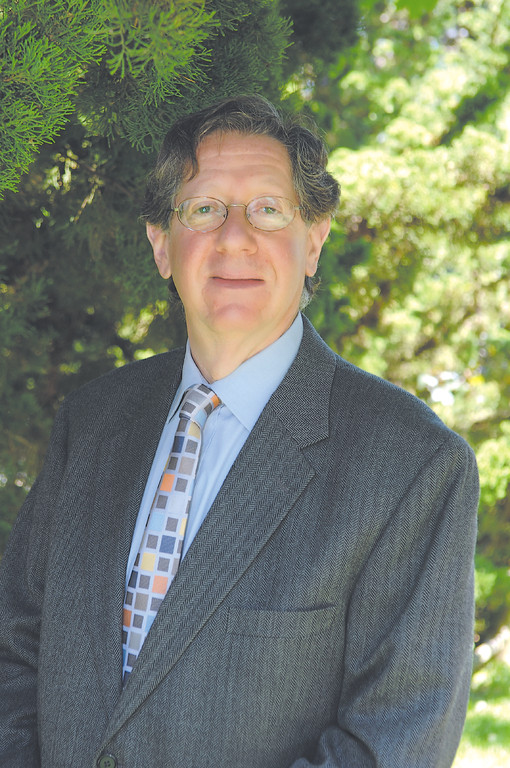Vayikra: Being in the middle of the Torah
This year’s annual Torah cycle witnesses the publication of three new variant commentaries on the Vayikra (the Book of Leviticus), each timed to the annual reading of this centerpiece of the Chumash.
According to the “Overview of Vayikra,” the introduction to the Kehot Publishing Society’s series on the Chumash based upon the teachings of the late Rabbi Menachem Schneerson, zt”l, “although there is very little dramatic ‘action’ in the Book of Leviticus, it is here that the real ‘action’ takes place: the inner life of the individual soul and the soul of the community in their communion with G-d. The Talmud compares studying the laws of Leviticus to slaying of a lion, since it is the most difficult book of the Torah, filled with complex laws and intricate rules. But this, after all, is the essence of the Torah: its instructions for life.”
This opening observation is followed with the following teaching:
“Leviticus, then, is the quintessential book of the Torah. It is, therefore, significant that it is not only the middle book of the Torah, but the third book, for the number three expresses the essence of the Torah. The Torah is composed of three parts — the Five Books of Moses, the Prophets, and the Writings; it was given on the third month of the Jewish calendar — Sivan; it was given to a nation of three classes — Priests, Levites, and Israelites; it was given after three days of preparation; and it was taught to the people by three siblings — Moses, Aaron, and Miriam.
“The number three signifies the synergy that results from the paradoxical but harmonious combination of the two elements of a duality, and this is the very essence of the Torah: it takes two opposing entities, the physical and the spiritual, and creates from them a third — the peaceful fusion of the mundane and the body.”
This book is accompanied by another English version of the writings of Rabbi Schneerson based upon Rashi’s commentary on Leviticus. This work, also from Kehot, is entitled, “Studies in Rashi: Vayikra,” translated by Rabbi Y. Eliezer Danzinger.

 51.0°,
Fog/Mist
51.0°,
Fog/Mist 







